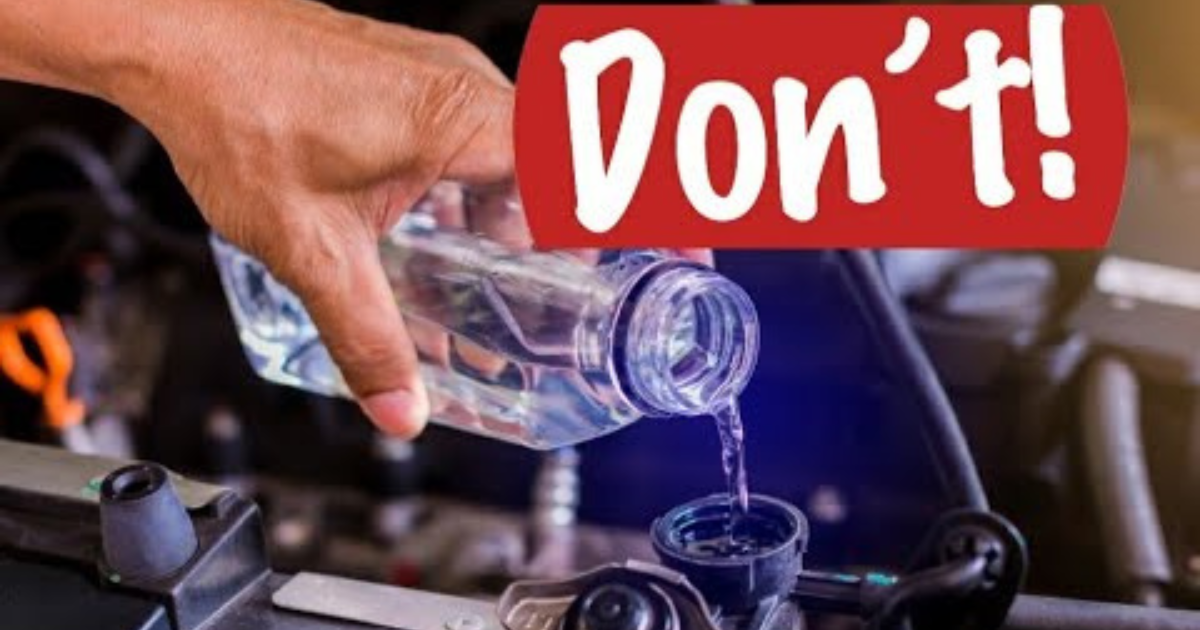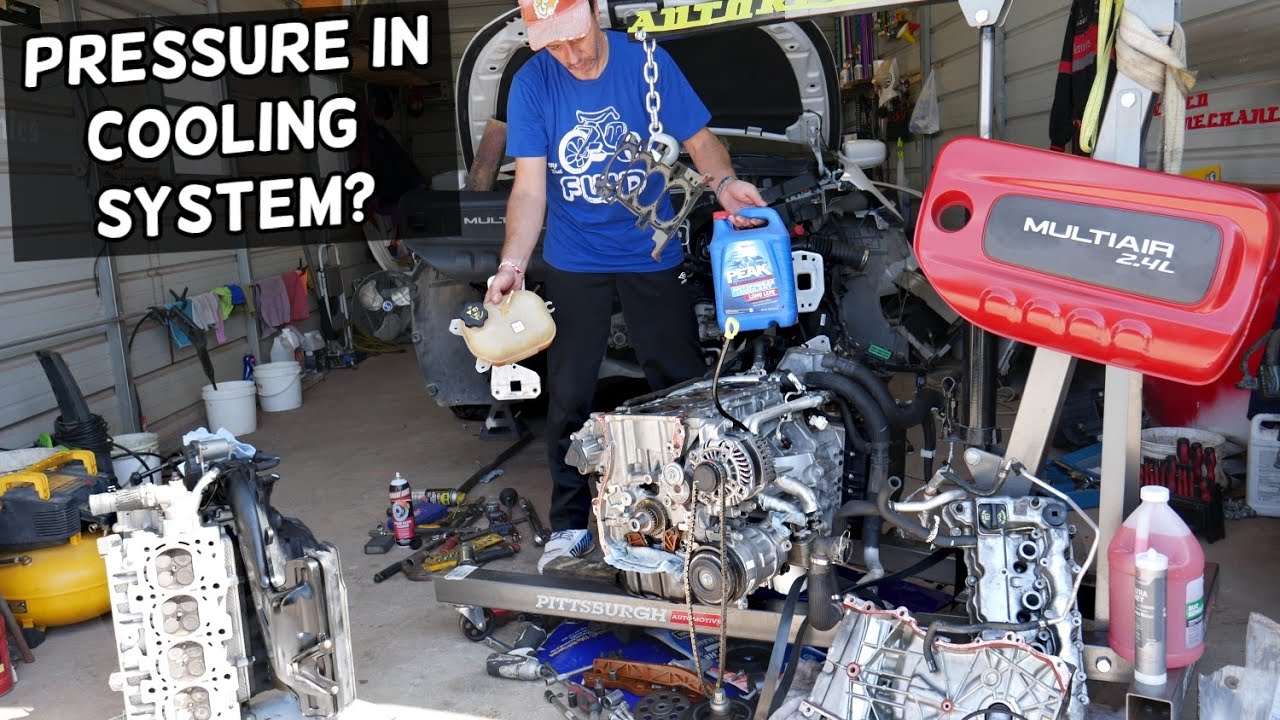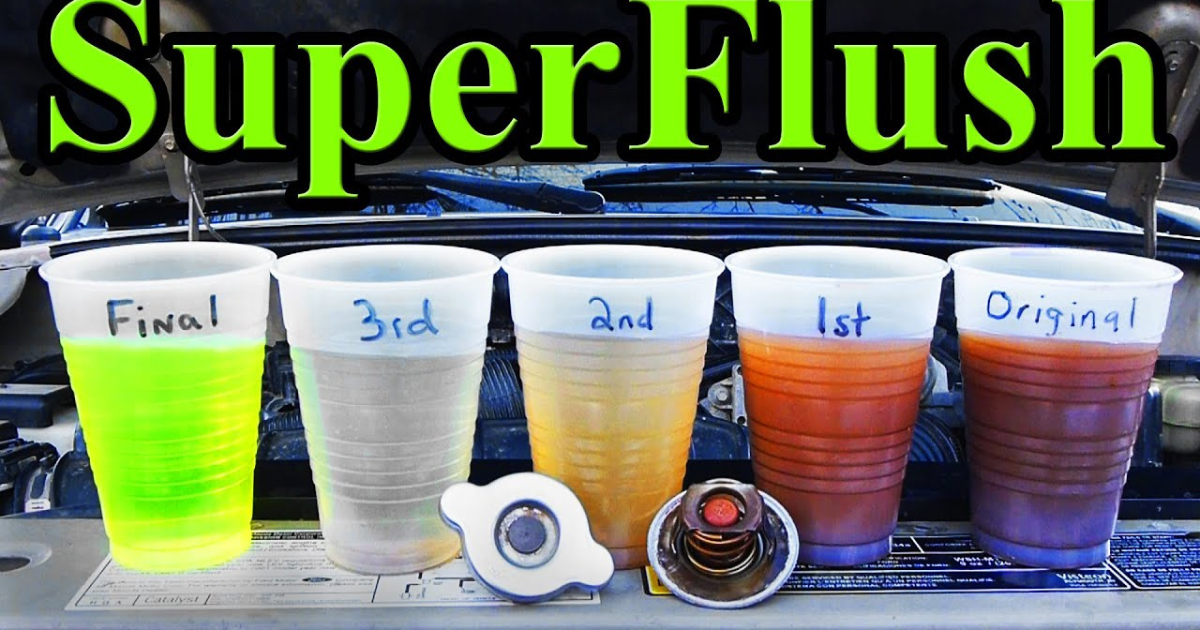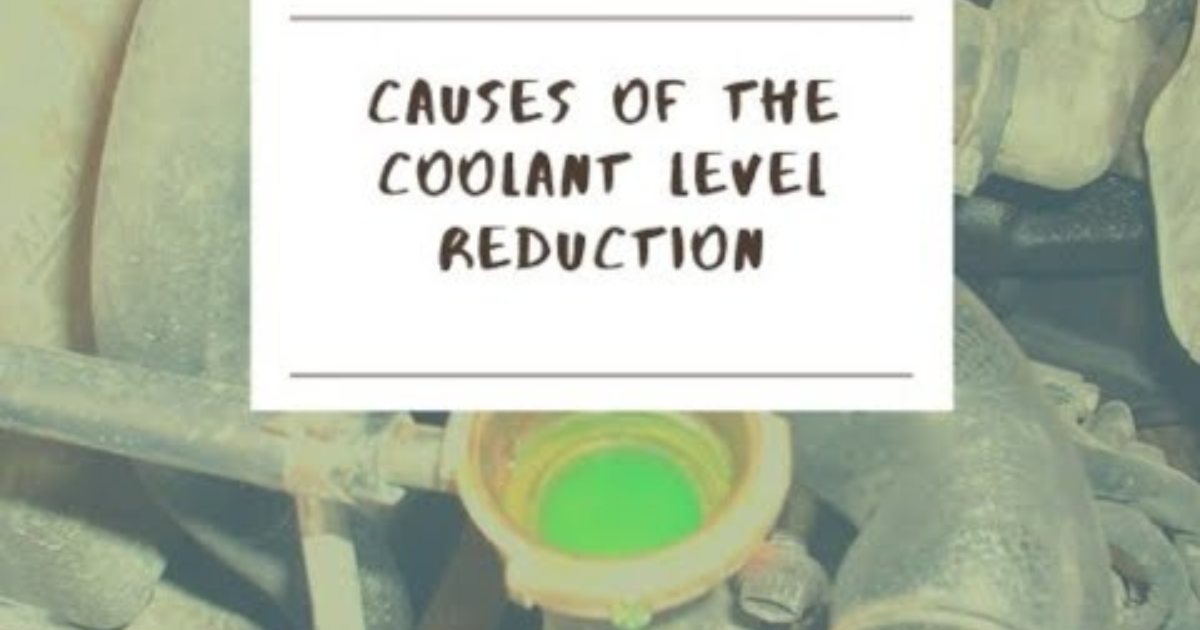When a car runs out of coolant, it can be tempting to use water as a substitute. After all, water is cheap and readily available. However, is it safe to use water instead of coolant? In this article, we will explore the differences between water and coolant and whether it is possible to use water as a coolant.
What is the difference between water and coolant?
Water and coolant have different boiling points, freezing points, and levels of protection against corrosion. The normal operating temperature of an engine is usually higher than the boiling point of water, which is 212 degrees Fahrenheit. However, a 50/50 mixture of ethylene glycol, water-based antifreeze, and water increases the boiling point to 223 degrees Fahrenheit. A waterless coolant can increase the boiling point to 375 degrees Fahrenheit or more. Water is also more likely to freeze in colder temperatures, which can cause the radiator to crack. Coolant, on the other hand, is formulated with additives to protect against rust and corrosion in the cooling system.
Can I use water as a coolant?
While water can prevent overheating, it is not an effective long-term solution for cooling your engine. The boiling point of water is lower than the normal operating temperature of an engine, which means that it can evaporate quickly and cause the engine to overheat. Water can also corrode metal components in the cooling system, which can lead to leaks and other damage. Coolant, on the other hand, is designed to absorb heat more effectively and protect against rust and corrosion.
Can I use distilled water instead of coolant?
Distilled water is pure water that has been filtered to remove impurities. While it may seem like a good alternative to coolant, it still has a lower boiling point and freezing point than coolant. Additionally, it does not provide the same level of protection against corrosion.
What happens if I use water instead of coolant?
If you use water instead of coolant, you risk causing deposits and rust in the cooling system components. You also risk overheating the engine, which can cause catastrophic damage. If you continue to drive with water instead of coolant, you may also cause leaks in the cooling system.




